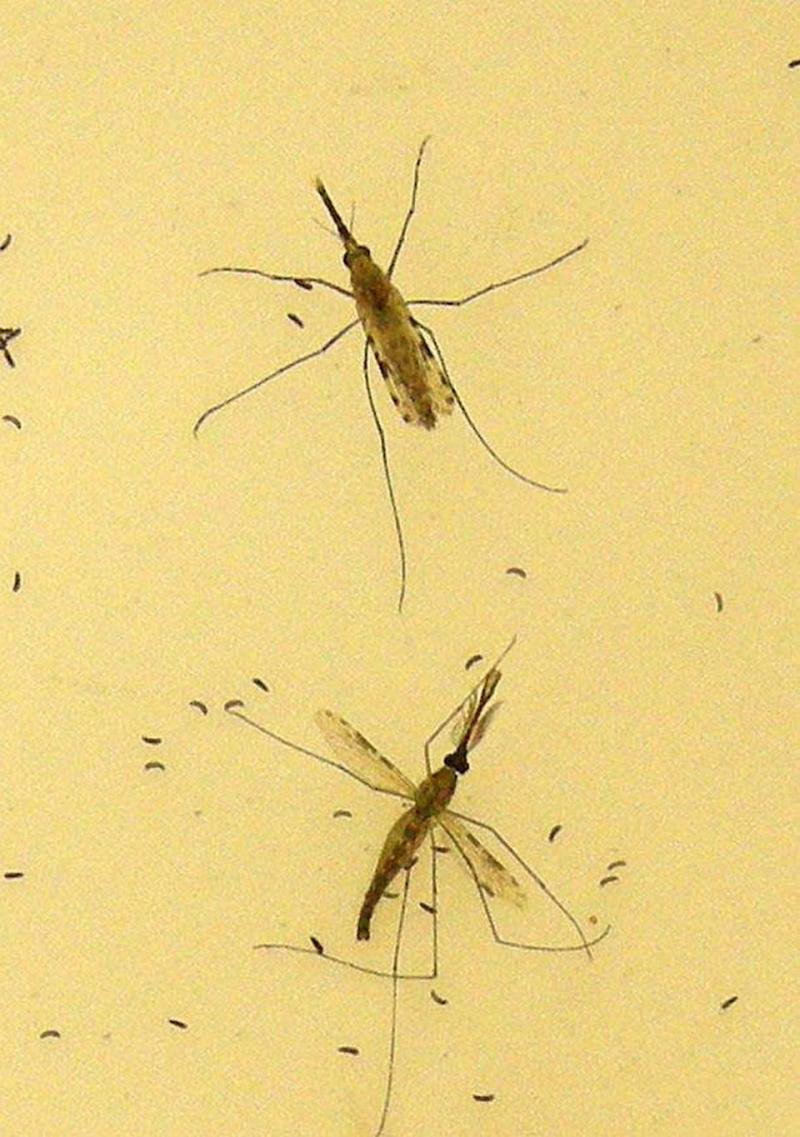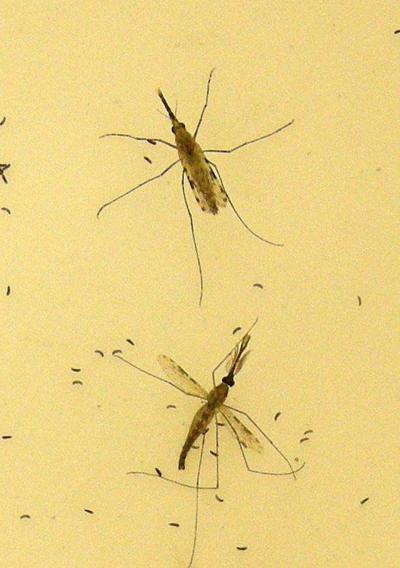A malaria vaccine from the University of Oxford has received its first approval in Ghana, which is intensifying efforts to combat the mosquito-borne disease that kills a child every minute. After decades of work, the first malaria vaccine, "Mosquirix," produced by the British pharmaceutical company GSK, received approval from the World Health Organization last year. However, a lack of funding and commercial opportunities has hindered the company's ability to produce the required number of doses.
The Oxford vaccine has been approved by regulatory authorities for the age group most at risk of dying from malaria, which are children aged five months to 36 months. The vaccine benefits from a manufacturing deal with the Serum Institute in India to produce up to 200 million doses annually. In comparison, GSK has committed to producing up to 15 million doses of the Mosquirix vaccine annually until 2028, which is significantly less than the 100 million doses per year that the World Health Organization states are needed in the long term to vaccinate around 25 million children.
Adrian Hill from Oxford remarked that this is "the first time a major vaccine has been approved in an African country first, before wealthy countries," noting that "it is unusual for a regulatory agency in Africa to review data faster than the World Health Organization." This vaccine is part of efforts focused on tackling a disease that claims more than 600,000 lives each year, most of them children in Africa. The complex life cycle of the malaria-causing parasite has long hindered vaccine development efforts.




